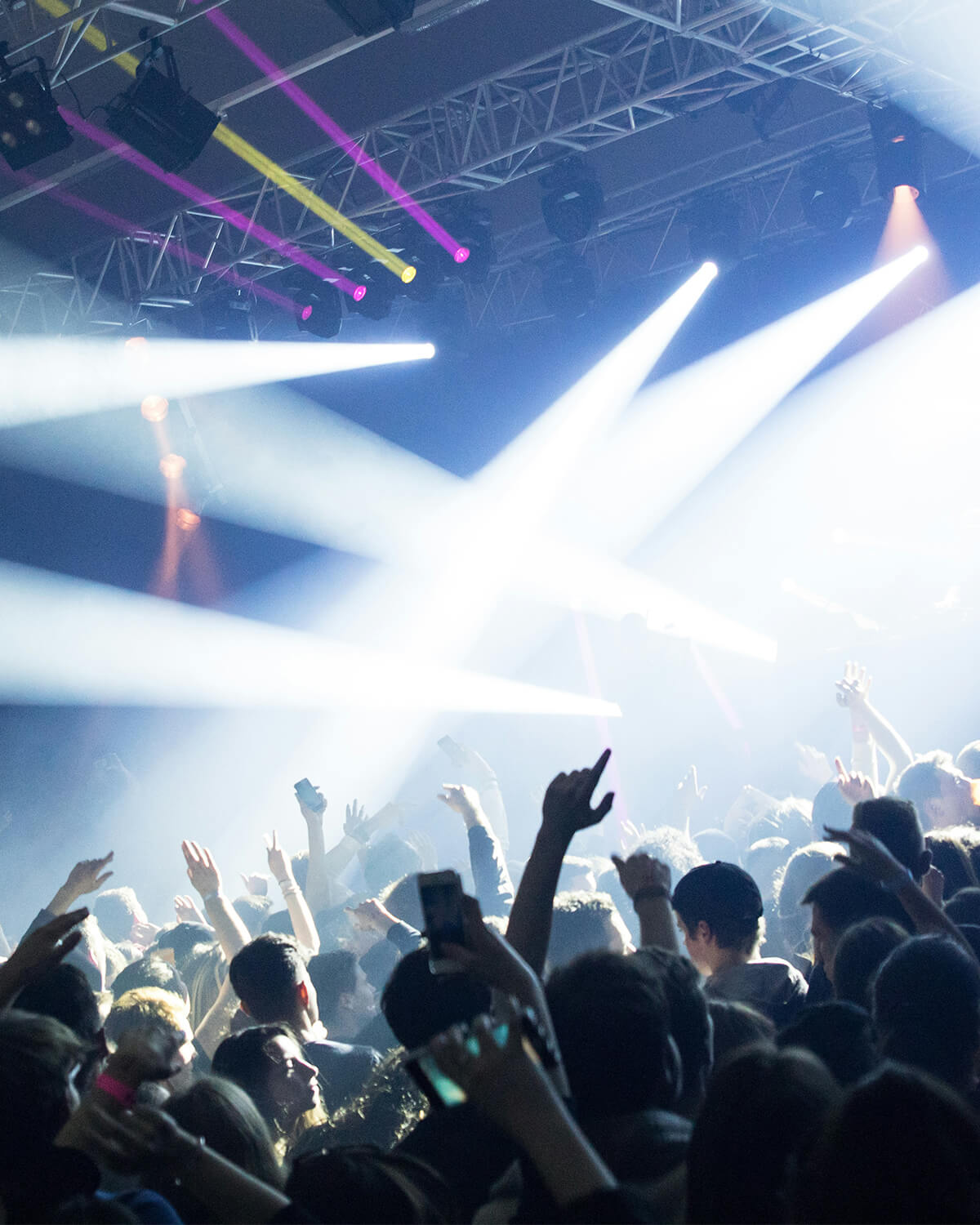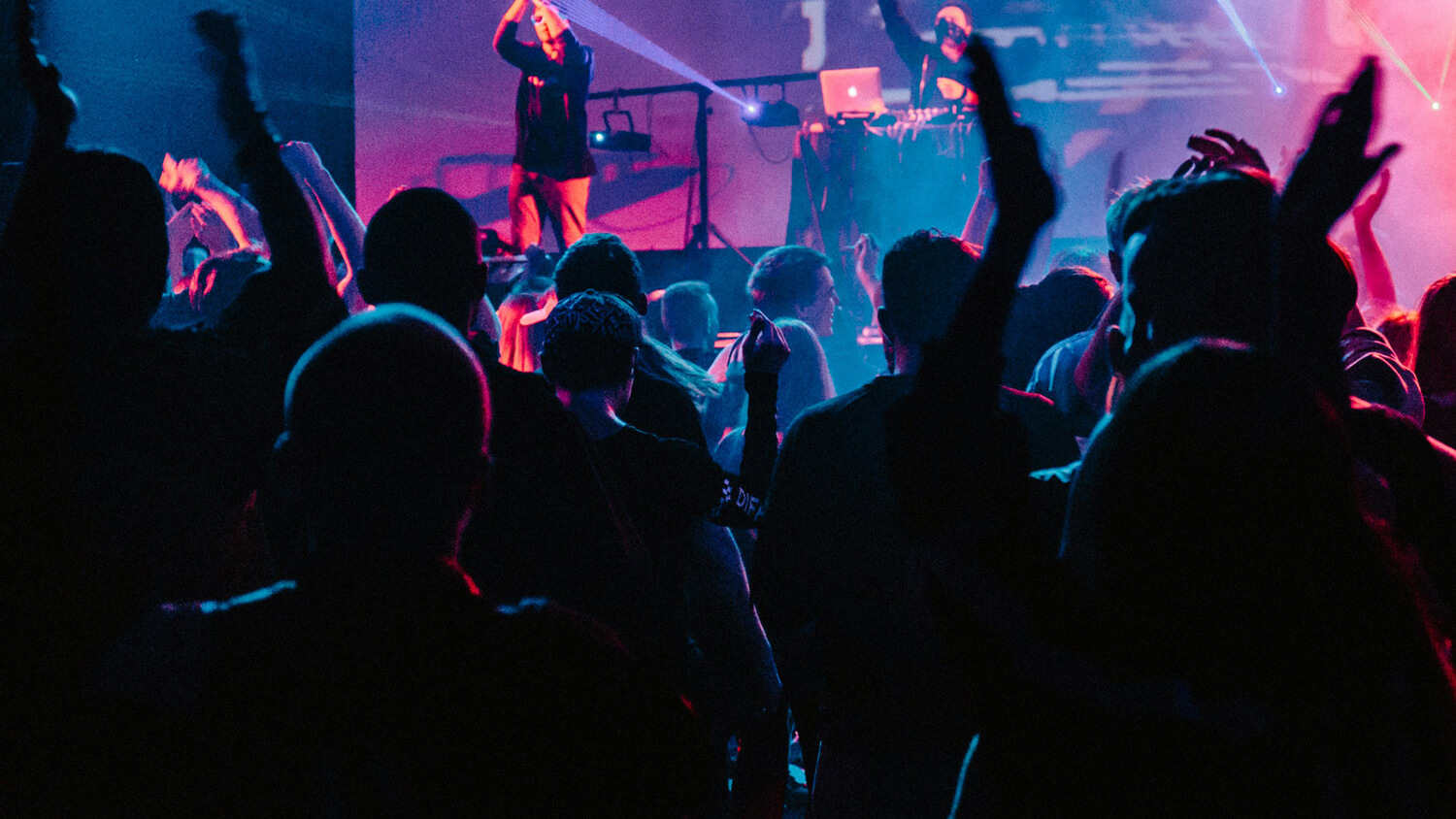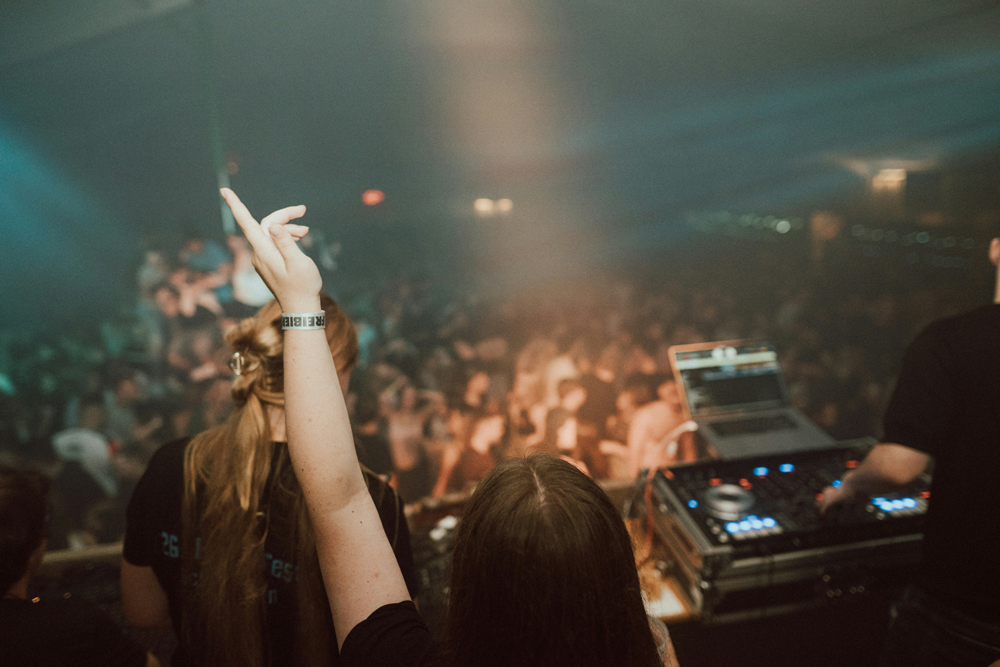
Understanding Biased Crowds in Soundclashes: Are They Detrimental to the Culture?
A soundclash is a unique and thrilling musical competition rooted in Jamaican culture, where different sound systems or DJs battle by playing a series of music sets to win the audience’s favor. This spirited event is not just about the music; it’s about showmanship, selection, and crowd interaction. However, a significant issue that often arises in these events is the presence of biased crowds. Such crowds can have a profound impact on the dynamics of soundclashes. But are they truly harming the essence of these competitions? Let’s delve deeper.
The Role of Fans in Soundclashes
Fans are the lifeblood of any soundclash. They bring energy, enthusiasm, and a deep appreciation for the music and culture. True fans are there for the love of the clash, eager to see the best sound system win. Their cheers, boos, and reactions provide real-time feedback, helping to gauge which sound is truly dominating the clash.
Fans are critical for several reasons:
- Authenticity: Genuine fans appreciate skill, creativity, and the art of selecting and playing music. They support sound systems that exhibit these qualities.
- Energy: The excitement and passion of fans create an electrifying atmosphere that can elevate the performance of sound systems.
- Fairness: Fans tend to be impartial, rooting for the best performance rather than being loyal to a particular sound system.
The Emergence of Biased Crowds
In contrast to genuine fans, biased crowds come with predetermined loyalties. These individuals might be friends or followers of a particular sound system, or they may have other reasons for favoring one competitor over another. While it’s natural for any sound system to have its supporters, the issue arises when a significant portion of the crowd is heavily biased. Unlike a neutral crowd, whose reactions are based purely on the performance quality, a biased crowd’s reactions are often predetermined, regardless of the actual performances.
Biased crowds can manifest in several ways:
- Overwhelming Support: Loud cheers and enthusiastic reactions for one sound system, regardless of their performance.
- Unfair Boos: Booing and jeering the opposing sound systems, even when they deliver stellar performances.
- Distorted Judgement: Judges and performers may be influenced by the crowd’s reactions, leading to skewed outcomes.
“While biased crowds are a reality in the world of soundclashes, their impact can be mitigated with thoughtful strategies by event organizers and the community.”
The Impact of Bias Crowds on Soundclashes
Skewed Competitions
Biased crowds can significantly affect the fairness of a soundclash. When a crowd is heavily biased towards one competitor, it can demoralize other participants and skew the judges’ perceptions. The essence of a soundclash, which is to win over the audience through superior music selection and performance, is compromised if the outcome is influenced more by crowd loyalty than by talent.
Discouragement of New Talent
New and emerging sounds might find it particularly challenging to break through in a scene dominated by biased crowds. These newcomers may struggle to gain recognition or win clashes not because they lack skill or charisma but because they do not have the same established fan support as their competitors. This can stifle the growth of fresh talent in the Soundclash community.
Reduced Enjoyment for Neutral Fans
For neutral fans who attend soundclashes to enjoy the competition and discover new music, biased crowds can diminish the overall experience. The predictability of the outcome and the overt partiality can detract from the excitement and unpredictability that are hallmarks of a soundclash.
Potential for Conflict
Highly biased crowds can also increase the likelihood of conflicts during and after the event. When emotions run high and stakes are perceived as unfairly balanced, it can lead to disputes among fans and between competing sounds, sometimes escalating beyond verbal disagreements.

Balancing the Scales: Strategies for Reducing Bias in Soundclashes
Promoting Neutral Venues
Organizers can choose venues in neutral locations, away from the home bases of competing sounds. This can help attract a more balanced audience and reduce the impact of regional biases.
Judging Panels
Incorporating a diverse panel of judges who are respected and recognized for their impartiality can help ensure that decisions are based on performance rather than crowd reaction. This adds a layer of fairness to the competition.
While biased crowds are a reality in the world of soundclashes, their impact can be mitigated with thoughtful strategies by event organizers and the community. It’s crucial to nurture an environment where talent and performance are the decisive factors in a clash. By addressing the challenges posed by biased crowds and understanding the role of fans, the culture of sound clashing can continue to evolve and thrive, ensuring its place as a vibrant and dynamic facet of musical competition.
Subscribe to newsletter
You may also like
The Clash Community: The Role of Fans and Supporters in Sound Clash Culture
Soundclash culture, a vibrant and intense musical phenomenon, has been a cornerstone of Caribbean co
The Role of Event Audio Recordings in Sound Clash Culture
Soundclash culture, a dynamic and competitive facet of Jamaican music, has long been characterized b
The Phenomenon of Sound Clash Lock-offs: A Deep Dive into Dominance
Following the recent lock-off victory by King Animosity over Innocent Sound, the sound clash scene h



